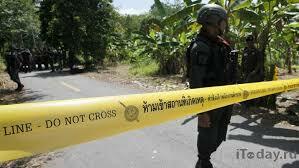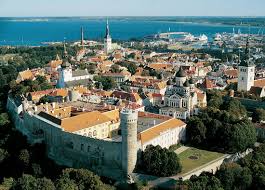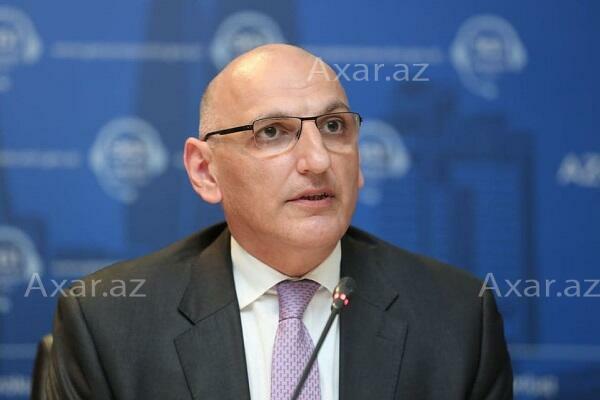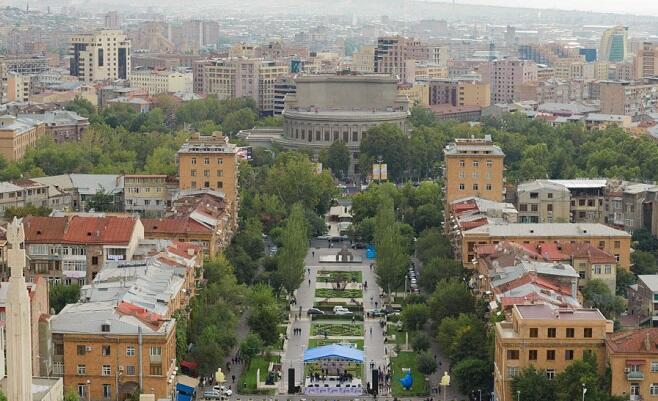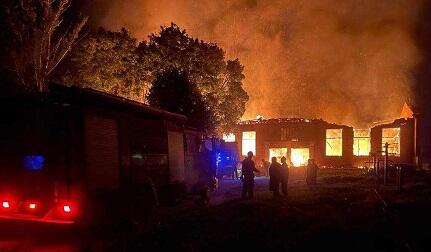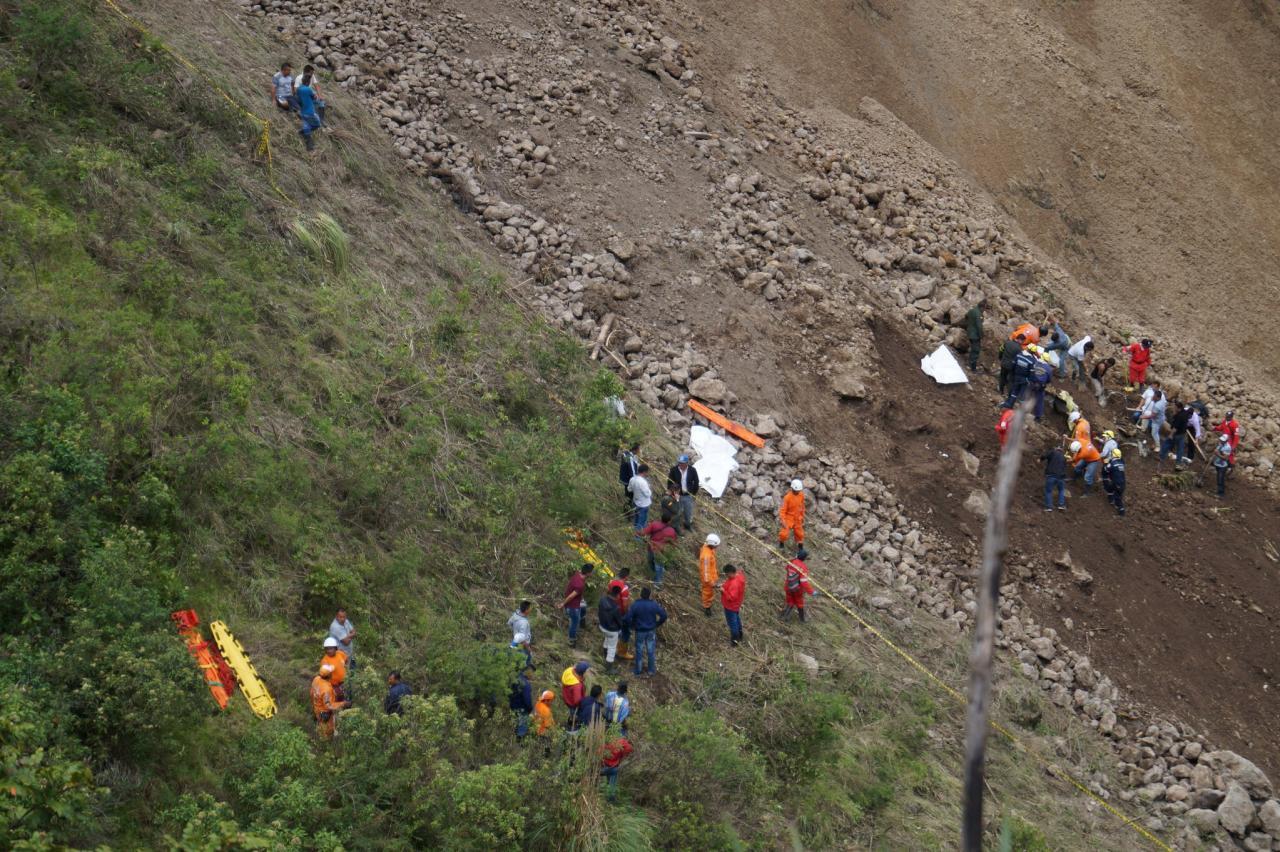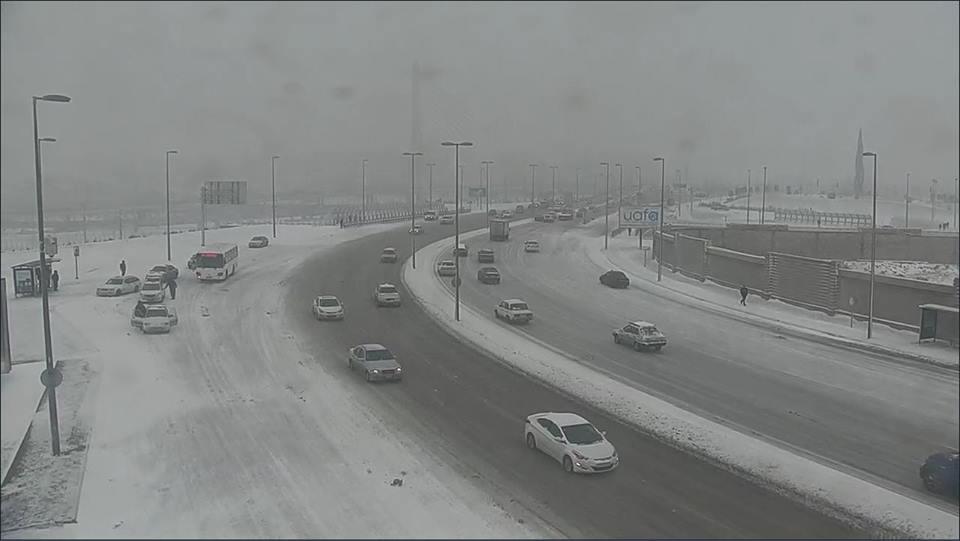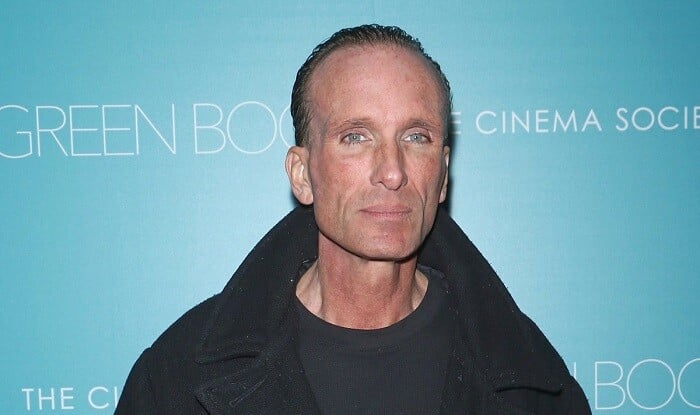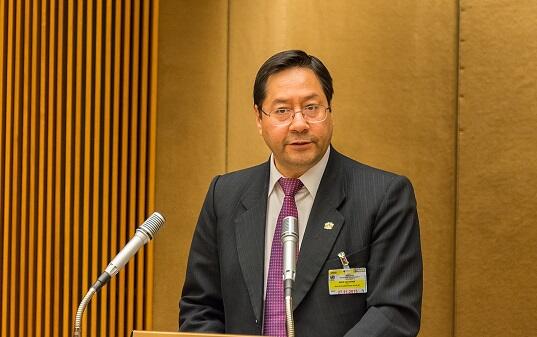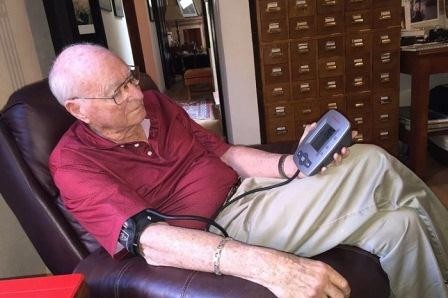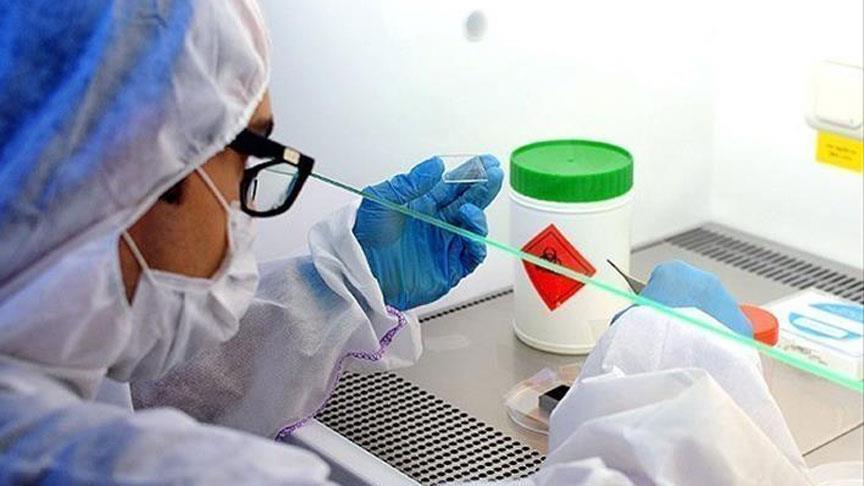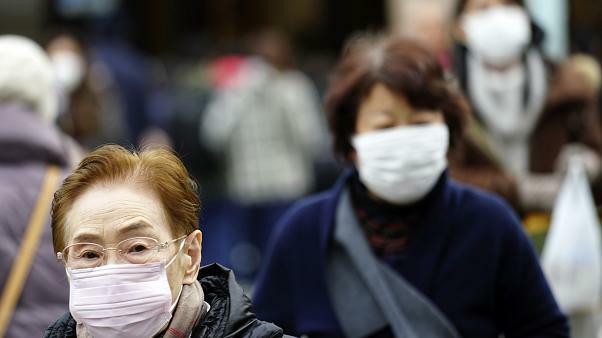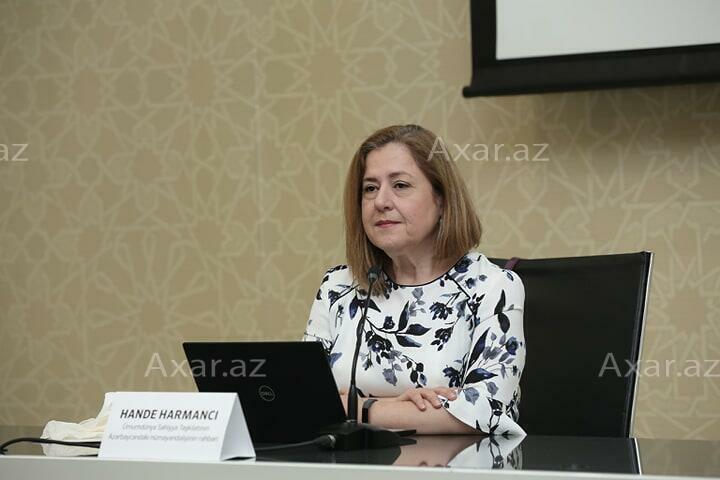If left untreated, high blood pressure, or hypertension, can lead to heart attack and heart failure, stroke, kidney failure and other health problems. High blood pressure isn`t something you can feel, so understanding that your risk of having hypertension increases as you age can help you protect yourself from the consequences. Here`s what you should know about age and high blood pressure.
How risk changes with age
As you get older, so does your risk of high blood pressure.
Generally, this risk increases in stages as you get older. With age, blood vessels lose flexibility, which can contribute to increasing pressure throughout the system.
Reasons why age increases high blood pressure risk include:
Arteries becoming hardened
Being less active
Decrease in kidney function
The body does not process salt as well and is more sensitive to salt and other dietary factors.
Hormonal changes, such as menopause
Development of high blood pressure
Blood pressure often increases in stages. A person in their thirties may have some elevated readings that return to normal. As this person ages, the readings increase. If someone develops high blood pressure before the age of 50, his or her risk of heart attack or stroke is greatly increased. If untreated, high blood pressure can reduce life expectancy by 10 or more years.
Sex and high blood pressure
Your chances for developing high blood pressure as you age may be different depending on your sex.
Men often develop high blood pressure after menopause. High blood pressure is more common in men than women until the age of 45. However, from the age of 45 to 64, the percentages of men and women with high blood pressure are similar. After that, women are more likely than men to have high blood pressure.
Know your numbers
The best way to understand your risk for high blood pressure, or if you have high blood pressure as you age is to visit your doctor regularly to have your blood pressure checked. If your blood pressure measures 140/90 or higher at two ore more checkups, your doctor will tell you you have high blood pressure and will work with you to create a plan of action. This may include taking your own blood pressure readings at home and incorporating exercises, dietary changes and medications.
If the systolic (first number) of your reading is between 120 and 139, or the diastolic (second number) is between 80 and 89 your doctor may say you have "prehypertension." This means you are at risk for developing high blood pressure and that you should make changes to your daily habits to lower your blood pressure.



